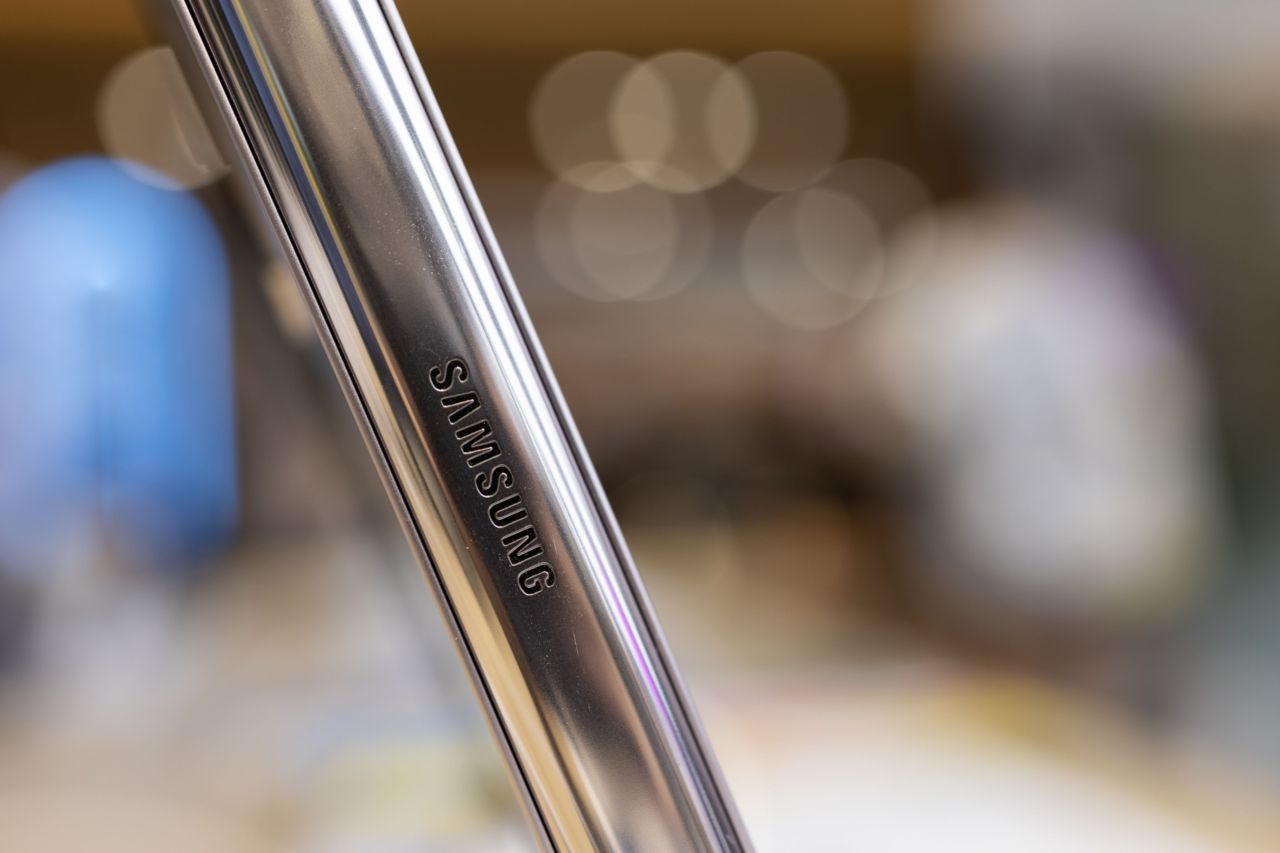 |
A Samsung Electronics logo on the Galaxy Z Fold 3 smartphone (Bloomberg) |
Samsung Electronics and its tech foundation said Tuesday they are spending a combined 48.65 billion won ($40 million) this year to fund 27 new research projects on futuristic technologies from anti-aging to new materials for chips.
The tech giant has supported local researchers and their work through the Samsung Science & Technology Foundation since 2013. About 1.5 trillion won has been poured into supporting 735 projects involving 14,000 researchers at some 50 schools over the past decade.
Of this year’s recipients, 12 basic science projects have been selected for their fresh approach as well as academic values, Samsung said.
One of the teams, led by Kang Chan-hee, life science professor of Seoul National University, will verify the aging process of cells in human body.
Aged cells usually migrate to other parts of the body through senescence-associated secretory phenotype or SASP. The team will look into why aging is accelerated in some cells than others, which could help develop treatments for age-related diseases such as arthritis and metabolic syndrome.
Eight projects on new materials have also been selected considering their potential for industrial use such as in chips and batteries.
Another team, led by Kim Joon-seong, physics professor of Pohang University of Science and Technology, will develop new magnetic materials that drastically increase the resistivity of semiconductors.
Low temperature and high magnetic field performance are considered crucial for massive computing and data centers that consume enormous electricity. The new materials would speed up the commercialization of memory chips working at extremely low temperatures.
A team, led by Choi Young-jae, materials engineering professor of Gwangju Institute of Science and Technology, is developing a new refining technology for RNA structures that elevate the refinery rate from the current 70 percent to 99.
A higher refinery rate would help boost the overall efficiency of RNA-based vaccine production regardless of the amount or complexity.
The remaining seven projects are linked to ICT innovation such as 6G network and quantum computing.
Kwon Young-jin, a computer science professor of Korea Advanced Institute of Science and Technology, plans to develop a virtual system without memory bugs, which secures both safety and security of data-heavy research work for autonomous driving or cloud services.
Samsung said the selected projects will get more practical support such as mentoring for commercialization as well as funding for up to five years.
By Lee Ji-yoon (
jylee@heraldcorp.com)




![[Today’s K-pop] Blackpink’s Jennie, Lisa invited to Coachella as solo acts](http://res.heraldm.com/phpwas/restmb_idxmake.php?idx=644&simg=/content/image/2024/11/21/20241121050099_0.jpg)



